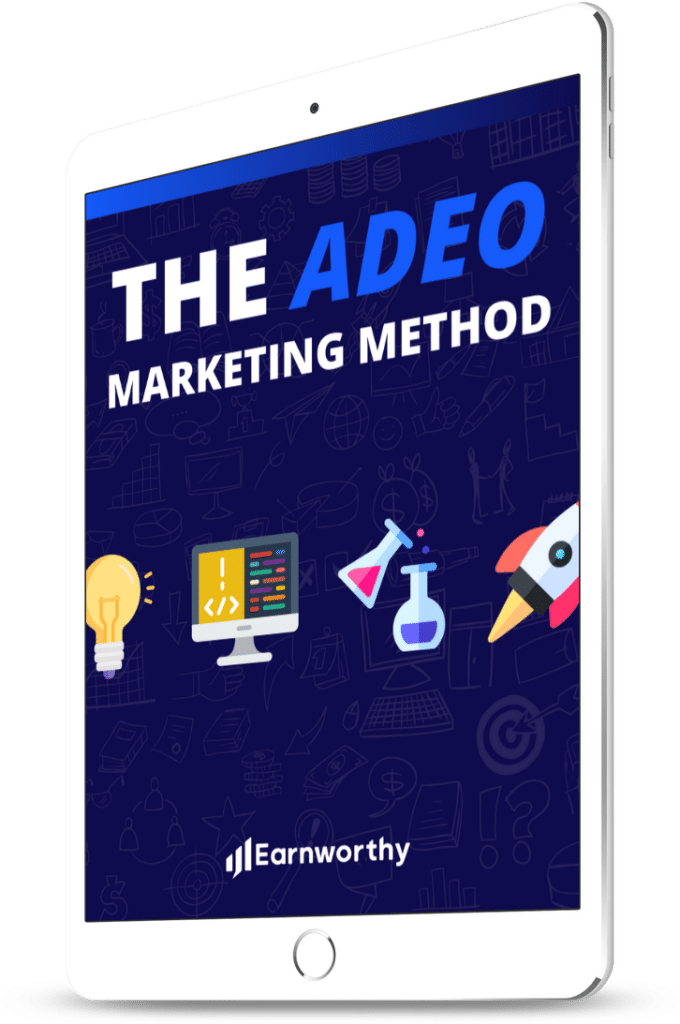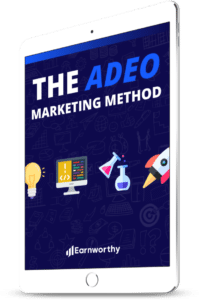
Ah, the age old question for anyone involved in marketing: What should I focus on?
These days, there are so many subsets of marketing, it is difficult to even wrap your head around them all.
We have social media marketing, inbound marketing, content marketing, search engine marketing, email marketing, direct marketing, usability, conversion optimization, paid media marketing, branding, web design, etc. The list goes on and on.
The point is, no matter how much you try, you’ll never be able to learn enough about everything.
On top of this, each marketing specialty is constantly evolving, at a speed that even the smartest marketing folks can’t keep up with.
[Tweet “Marketing is moving so fast, it is impossible to learn enough about everything. #MarketingCareers”]
Where Should I Focus?
Therefore, at some point in our careers, marketers must ask themselves this very important question: Should I strive to be a marketing generalist and learn a little bit of everything, or be a marketing specialist, and become an expert in one specific area?
Maybe you’ve already made up your mind, or maybe you’ve never actually thought about this before. Whatever the case may be, if this question interests you, read on!
Personally, I have been on both sides of this issue. My marketing “career” started out with a very narrow focus on social media marketing. That eventually developed into a wider content marketing skill set.
For the past year however, I’ve been acting more like a generalist than ever before. At any given time, I’ll be juggling a paid media project, an SEO project, a social media project, a reputation management project, etc.
Which is better? Well, I hate to be that guy, but it depends.
[Tweet “Are you better off as a #marketing generalist or specialist? Well, it depends.”]
Find Your Fit
You have to do what makes you happy and fits with your personality and work style.
For instance, some people would get bored out of their mind if they only worked on one thing all the time as a specialist. However, for others, they might feel like they are being pulled in too many different directions if they have to work as a generalist.
But if you don’t like my “it depends” answer, I have something more definitive for you.
Let’s look at this question not from the viewpoint of personal happiness and work style, but from career possibilities.
[Tweet “When building a #marketing career, you need to find the right fit for your work style.”]
What Is Best for My Career?
You see, the world of marketing is becoming much more complex with each passing day. Technology is playing a large role in this shift. But what does this mean for marketers?
Well, once you get comfortable with complexity, you’ll come to realize that the marketers of 2015 and beyond can do much more on their own than the marketers of past generations.
Just look at marketing automation tools such as HubSpot for instance. What used to take a team of people can now be done by one.
The same goes for search engine optimization projects. Just a few years ago, you might have needed a web developer, writer, and backlink expert just to get a project moving forward. These days, it is reasonable to say that one person (with enough time) can get good enough at all of these separate jobs.
Furthermore, it has never been easier to outsource work to specialists, if you need them. Sites such as Elance, Odesk, and Fiverr have commodified the work of marketing specialists. In doing so, they’ve also driven the cost of these services way down.
Lastly, our access to information has never been greater, thanks to Google, YouTube, Twitter, and others. For a marketing generalist, this is a powerful thing.
If you need to learn how to set up an email newsletter and you’ve never done it before, there are plenty of video tutorials and articles online that will walk you through the process.
Whatever marketing tips, tricks, or techniques you need to know, you can figure out. As Marie Forleo says, “everything is figureoutable.”
[Tweet “The marketers of the future will have to wear many different hats. #MarketingTips”]
The Future Looks Bright
With all this being said, I believe marketing is headed in a direction that is very favorable to generalists.
The most important skills a marketer can have in the next five or ten years will be based around project management, strategy development, outsourcing, communications, and the ability to learn.
That’s the only way to keep up in an industry where technology is taking over. A single marketer has never been more empowered to do great work. And that, my friends, is what it is all about.





